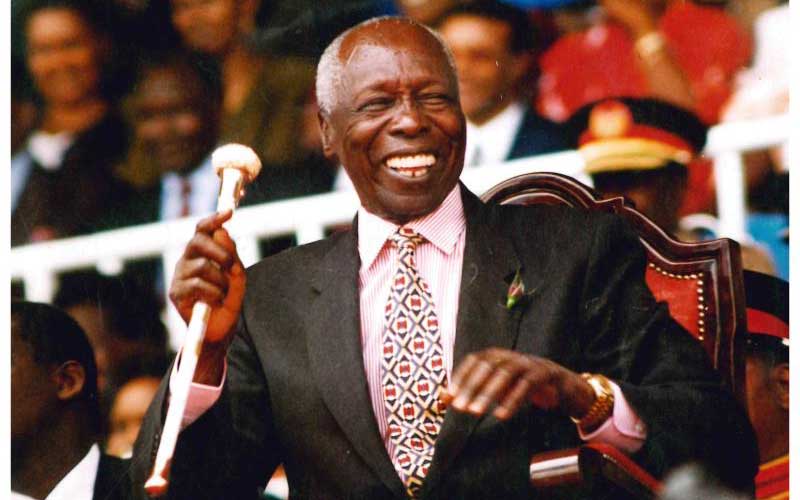
In 1998, a few months after the terror attack on the US embassy in Nairobi that left a cloud of gloom in the country, a group of young men was desperately looking for ways to cheer up the nation.
Walter Mong’are and John Kiare were budding actors at Kenyatta University and they would take any opportunity to stage shows in the school halls. One evening, while rehearsing for their next show, they thought it would be a good idea to try something different. They wanted to stage a show on political satire, but they were worried about one thing.